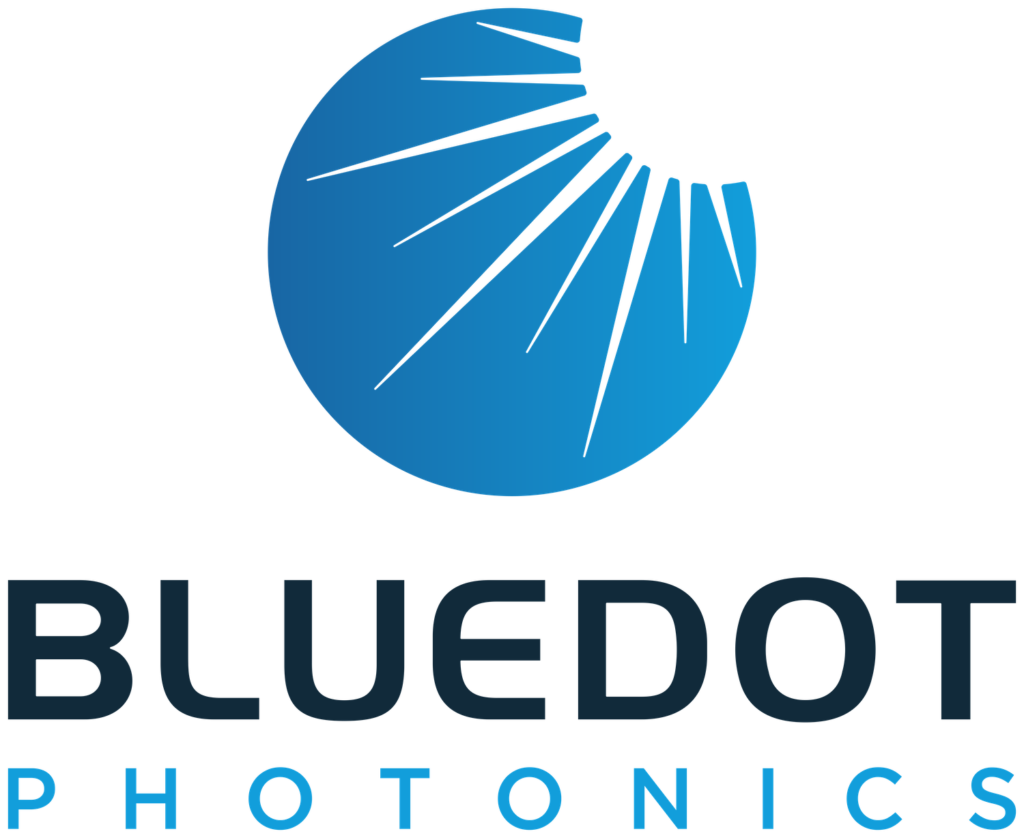
University of Washington (UW) clean energy researchers won a combined $5.9 million from the U.S. Department of Energy (DOE) for two projects that will make solar-generated electricity more affordable. The DOE’s Solar Energy Technologies Office (SETO) made a total of 75 awards in late 2019 in a $128 million effort to lower solar electricity costs, boost U.S. manufacturing, reduce administrative red tape, and make solar energy and the grid more resistant to cyberattacks.
Power electronics to integrate solar with the grid

Brian B. Johnson, Washington Research Foundation (WRF) Innovation Assistant Professor of Clean Energy and Electrical & Computer Engineering (ECE), leads a team receiving $4.9 million over the next three years to develop new control strategies to integrate solar photovoltaic systems and energy storage systems into the power grid. The proposed controllers will ensure grid stability at any level of renewable energy utilization. The team includes ECE professors Daniel Kirschen and Baosen Zhang, and partners at the University of Illinois at Urbana-Champaign, University of Minnesota, Enphase Energy, and the Electric Power Research Institute. The team will contribute an additional $2.1 million in cost share, bringing the project total to $7 million. This work will enable grid operators to add increasing amounts of solar power onto the grid in a cost-effective, secure, resilient, and reliable manner.
Johnson has led another DOE-backed project since 2018, collaborating with Kirschen, researchers at the National Renewable Energy Laboratory (NREL) and the University of Colorado to halve the cost of inverters for solar systems — devices that convert solar-generated dc power into ac power that is usable by the power grid.
Manufacturing next-generation solar panels

UW spinoff BlueDot Photonics is a clean technology startup building next-generation solar panels and other photonic devices. The company was co-founded by UW CoMotion Commercialization Fellow Daniel Kroupa, named to Forbes’ “30 Under 30: Energy” list in 2019, UW alum and WRF Postdoctoral Fellow Matthew Crane (Ph.D. chemical engineering ’17), UW alum Jared Silvia (B.S. chemistry & biochemistry ’05), and UW chemistry professor Daniel Gamelin. BlueDot’s DOE-backed team will receive $1 million over the next 18 months to develop vapor deposition hardware for thin-film perovskite solar cells. Project partners include UW associate professor of materials science & engineering and mechanical engineering J. Devin MacKenzie and researchers at NREL.
BlueDot’s unique vapor deposition technology is a fast and cost-effective technique in which powder is turned directly to vapor to be evenly coated onto a surface — in this case, perovskites onto the base of a solar cell. Perovskites are an emerging class of materials that can be inexpensively made from common elements and engineered to have high-performing photovoltaic properties. BlueDot will be working at the Washington Clean Energy Testbeds, where MacKenzie is technical director.
BlueDot is one of seven companies backed by the DOE SETO for innovations in manufacturing. The awardees are expected to develop robust hardware prototypes that will attract follow-on private investment. BlueDot will contribute an additional $300,000 in cost share, for a project total of $1.3 million.